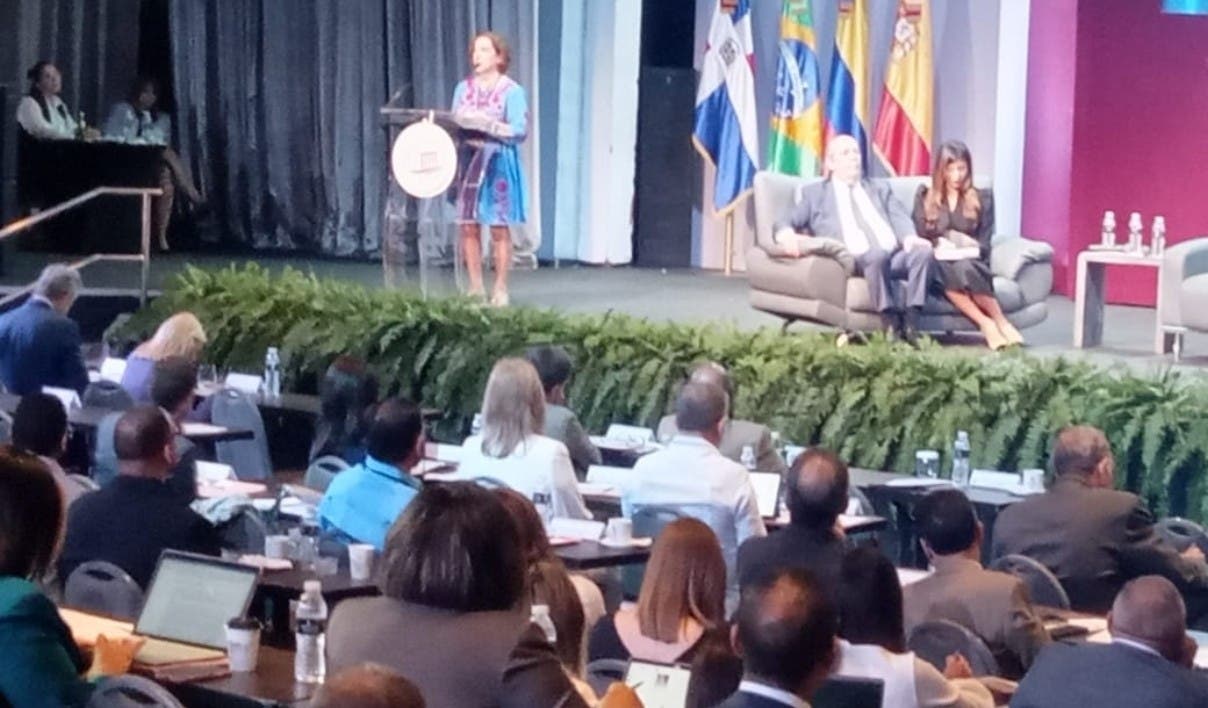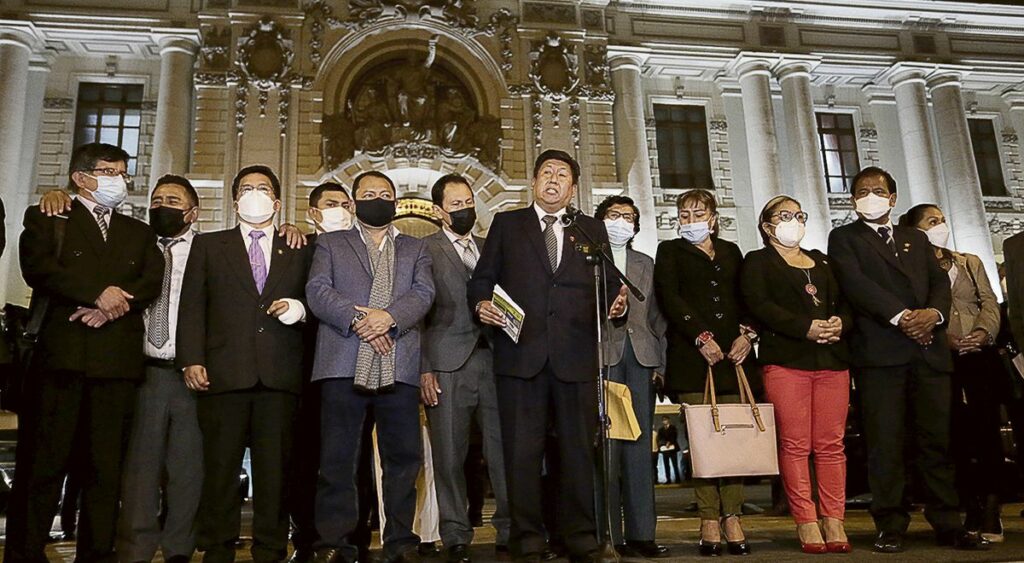A teacher of International Law advocated an intervening Constitution in the region, in which the State guarantees social justice and intervenes in economic principles and norms.
María Mercedes Serrano Pérez, professor at the University of Castilla-La Mancha, argued that the general characteristics of the intervening Constitution are linked to the model called the Social State, which is the one that intervenes to achieve material equality and social justice.
“The intervening Constitution must contain economic principles and rules at the highest level as a model of a social State, which facilitates the updating and presence of social and economic relations,” Serrano Pérez specified.
He explained that the characteristics of this social state will define how the intervening Constitution modulates the economic elements”, he specified.
Referring to the interventionist economic Constitution, he stressed that decentralized and decentralized economic relations take place in the market and in the market economy system, which are based on freedom and competition. “The intervening economic Constitution can act when the set of individual faculties based on freedom and equal opportunities that characterize the freedom of enterprise is altered,” he added.
While Eduardo Jorge Prats, Professor of Constitutional Law at the Pontificia Universidad Católica Madre y Maestra (PUCMM) spoke on “The model of the economic Constitution of the Dominican Republic”, in which he highlighted that the 2010 Constitution established a social economy of market, giving us a constitutionalized economic system.
It proposed a paradigm shift towards economic models, since we have a programmatic ideological Constitution, which enshrines social transformation programs with public policies that must be implemented with each social right. “Because our Constitution knows that Dominican society is characterized by poverty, marginality, exclusion and discrimination, and that is why it contains a program or a project of programs of social transformation, which are established in article 39 ”, he added.
During the event organized by the TC, national and international experts participated in the panel “Models of Economic Constitution”, which was moderated by the magistrate of the TCRD, José Alejandro Vargas.
Each participant raised a model of economic Constitution. Enrique Arnaldo Alcubilla, judge of the Constitutional Court of the Kingdom of Spain, made a historical account of the liberal constitutions from the 19th century, highlighting the role they played in creating the ideal conditions to develop the market without public intervention.
He spoke on “The Liberal Economic Constitution”, a term that he affirmed was defined by the expert Manuel García-Pelayo as a set of basic rules aimed at promoting the fundamental legal framework to define the functioning of the activity and the economic process.
He pointed out that in the field of liberal constitutions, a certain economic system based on the market economy must be guaranteed with limitations based on the guarantees of fundamental rights and referred to the freedom of enterprise as the core of the economic clauses of the Constitution. .
Juan Fernando Durán Alba, Professor of Constitutional Law at the University of Valladolid, Spain, addressed the ordoliberal economic Constitution, and pointed out that there is a parallelism between the Political Constitution, as an instrument for ordering and limiting power, and the Economic Constitution, as instrument for the ordering of the political life of a certain society.
The working day of the V International Congress on Law and Constitutional Justice: Constitutional Law and Globalization was an opportunity to reflect on a phenomenon that impacts life in the world today. It was held from Thursday to Friday at the Hotel Jaragua.
The jurists made their statements at the V International Congress on “Constitutional Law and Justice: Constitutional Law and Globalization”, organized by the Constitutional Court.















